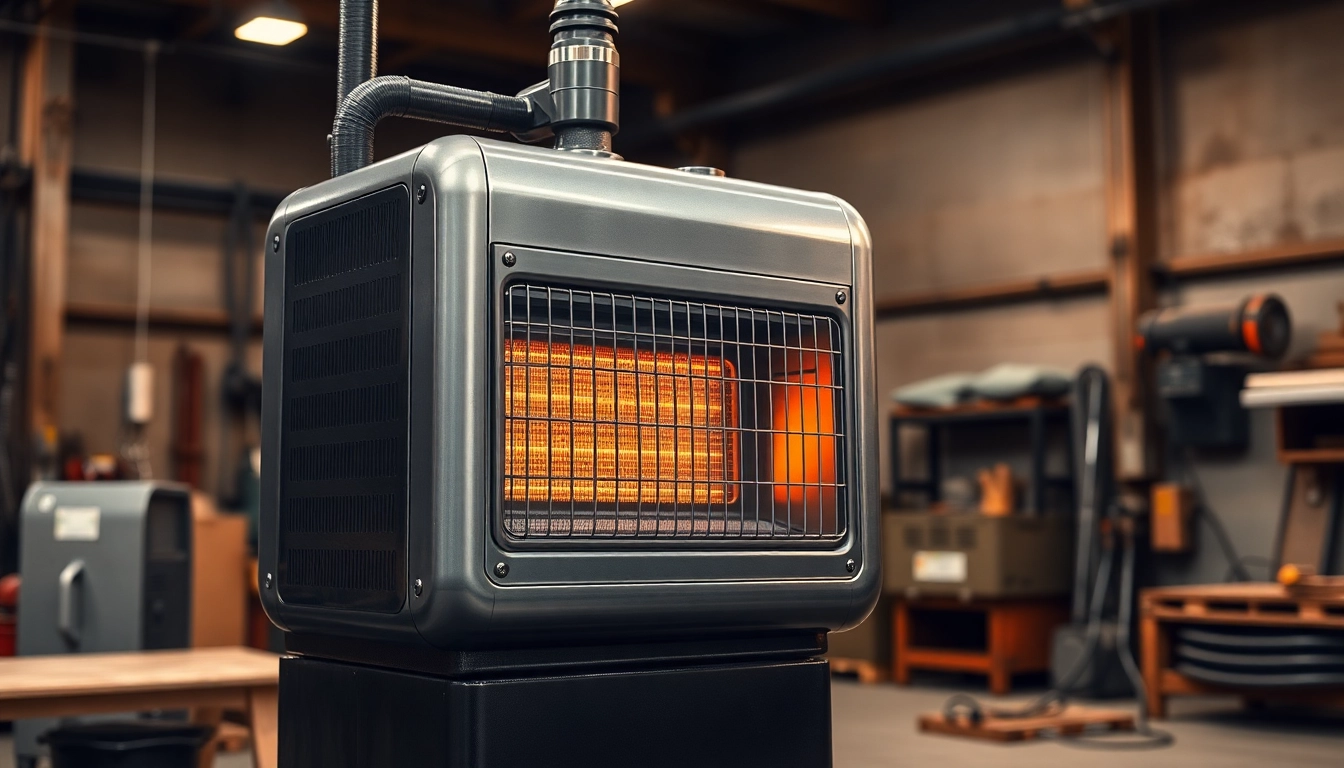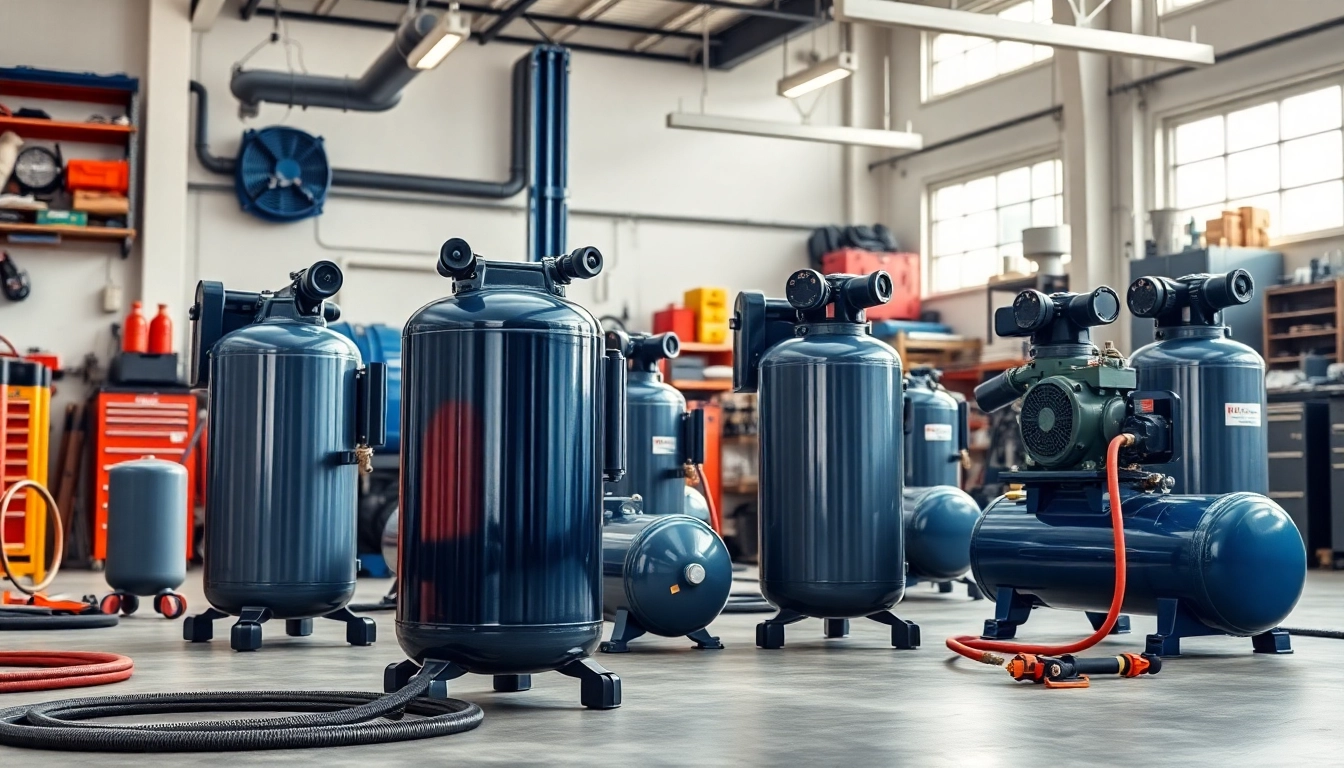Understanding Diesel Fuel Heaters
In many industries, especially in colder climates, keeping machinery operational is a priority. One critical component in achieving reliable operation is the diesel fuel heater. These systems prevent complications that arise from low temperatures, which can lead to fuel gelling and other operational inefficiencies. A comprehensive understanding of diesel fuel heaters, their function, types, and maintenance is essential for optimal performance and reliability.
What is a Diesel Fuel Heater?
A diesel fuel heater is a device designed to maintain the temperature of diesel fuel to ensure optimal flow and combustion. Diesel fuel, unlike gasoline, can gel at lower temperatures, which can inhibit performance in cold weather or result in engine stalling. Diesel fuel heaters can be integrated into the fuel line, located within the engine compartment, or even utilized as portable units for temporary heating solutions.
How Diesel Fuel Heaters Work
The operational principle of diesel fuel heaters primarily revolves around heat transfer. Most systems utilize electrical resistance heating to warm the fuel before it reaches the engine. Here are the two common methods:
- In-line Diesel Heaters: Installed directly in the fuel line, these heaters warm diesel as it flows into the engine, preventing gel formation.
- Engine Block Heaters: These units heat the engine and the fuel lines, ensuring that the entire system is maintained at an optimal temperature for smooth starts and operation.
Importance in Cold Weather
Cold temperatures can significantly impact diesel fuel’s viscosity, leading to performance issues and potential engine failure. Diesel fuel heaters play a crucial role in:
- Preventing Gel Formation: By maintaining appropriate fuel temperatures, these heaters prevent the fuel from thickening, ensuring a consistent flow to the engine.
- Enhancing Engine Performance: Warm fuel helps achieve better combustion, resulting in improved power and efficiency.
- Reducing Maintenance Costs: By preventing fuel-related issues, diesel fuel heaters can reduce the need for repairs and extend the life of engine components.
Types of Diesel Fuel Heaters
Diesel fuel heaters come in various configurations, each catering to specific needs and applications. Below are the major types:
In-Line Diesel Fuel Heaters
In-line diesel fuel heaters are designed to be installed directly in the fuel line, typically before the engine’s fuel filter. These heaters use either electrical or engine coolant for heat transfer. They are essential for applications where quick response times are needed, such as in vehicles and heavy machinery.
Examples include:
- Phillips & Temro’s Hotline® Electric In-Line Fuel Heater, which can thaw frozen diesel fuel in as little as 3-4 minutes.
- Racor’s Nomad In-Line Fuel Heater, available in 12V DC options, making it suitable for various applications.
Engine Block Heaters
Engine block heaters utilize electrical elements to warm the engine block and surrounding components. For diesel engines, they also indirectly heat the fuel lines connected to the engine. This type is beneficial for heavy-duty vehicles and machinery operating in extremely low temperatures where starting issues are common.
Portable Diesel Fuel Heaters
Portable diesel fuel heaters are versatile units used for various applications, including heating job sites or specific equipment. These heaters can be used temporarily and often include features like remote controls. They are particularly useful for contractors or companies with mobile operations, ensuring that machinery remains operational in cold conditions.
Key Features to Consider
When choosing a diesel fuel heater, several critical features should be evaluated to ensure maximum effectiveness and compatibility with specific operational needs.
Heating Capacity and Efficiency
The heating capacity of a diesel fuel heater is measured in watts, indicating how quickly it can raise the temperature of the fuel. Select a unit that matches your operational demands, particularly for larger engines or vehicles that require a more substantial fuel passage. Efficiency ratings should also be considered, as a higher efficiency translates to less energy consumption over time.
Installation Requirements
Installation ease can vary significantly between different heater types. Some may require professional installation, especially in the case of in-line heaters that need integration with existing fuel lines. Check whether the heater comes with mounting hardware, and consider the space constraints within your engine compartment when selecting a model.
Safety Features and Compliance
Modern diesel fuel heaters come equipped with safety features like automatic shut-off switches, overheat protection, and compliance with environmental regulations. Ensure that any unit selected has the necessary certifications and follows best practices for safe operation, particularly if used in enclosed spaces.
Comparison of Leading Diesel Fuel Heater Brands
As you venture into the market for diesel fuel heaters, it’s crucial to understand how different brands stack up. This section explores key competitors and their offerings.
FASS Fuel Systems vs. Phillips & Temro
FASS Fuel Systems is renowned for its Titanium Series Electric Diesel Fuel Heater Kit, designed to work seamlessly with its filtration system. This option is ideal for users looking for an integrated solution that automatically manages temperature for cold starts.
In contrast, Phillips & Temro Industries offers a broad range of heating solutions, including the highly effective Hotline® Electric In-Line Fuel Heater. Known for its rapid heating capabilities, it is a strong contender for applications requiring immediate performance.
Arctic Fox Heaters Overview
The Arctic Fox brand focuses on providing reliable in-line heating solutions suitable for cold conditions. Their heaters, which include automatic temperature regulation, are praised for eliminating fuel waxing, ensuring that users do not face performance delays during extreme weather.
Review of Amazon’s Diesel Heater Options
Amazon’s marketplace features several diesel heaters, including models from VEVOR, known for its affordability and remote-controlled operation. While these options can be less advanced than dedicated systems, they provide a budget-friendly solution for casual users or smaller vehicles requiring occasional heating.
Maintenance and Troubleshooting
Proper maintenance and troubleshooting practices ensure the longevity and performance of diesel fuel heaters. Here are some tips on how to keep them running smoothly.
Regular Maintenance Tips for Longevity
Regular maintenance includes periodic cleaning, ensuring that electrical connections are secure, and checking for any signs of wear and tear. Depending on the model, filters may also require replacement or cleaning to ensure optimal performance.
Specific maintenance tasks include:
- Inspecting heater elements for signs of corrosion.
- Ensuring that the power supply is consistent and reliable.
- Testing safety features periodically to ensure they are functioning correctly.
Common Issues and Solutions
Common issues include inconsistent heating or complete failure to heat the fuel. Here are some solutions:
- Inconsistent Heating: Check for electrical supply issues or clogs in the fuel line that may be restricting flow.
- Complete Failure: Inspect the unit for any blown fuses or tripped breakers that may indicate electrical problems.
When to Seek Professional Assistance
If maintenance tasks exceed your capabilities, or if you encounter persistent issues, it may be time to consult a professional. This ensures that the heater is installed correctly and that any fault does not lead to costly damage or safety hazards.



